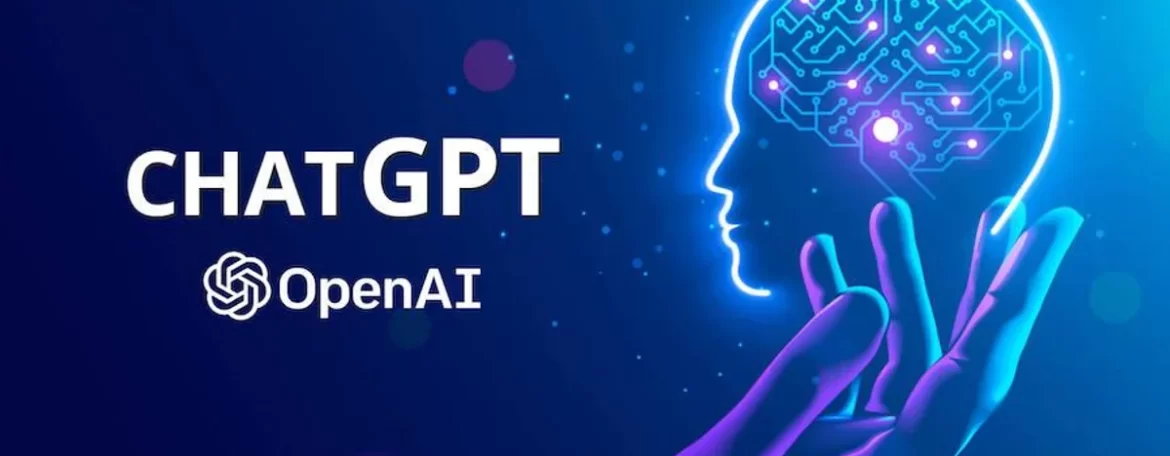Conversational AI discourse is dominating technology-led industries at present, and IT Services are no exception. It’s only been a few months since the ground-breaking conversational AI, ChatGPT, was released to the public, quickly becoming the fastest-growing platform in the world by hitting 100 million users in just 60 days. ChatGPT offers an exciting and awe-inspiring glimpse at the future of artificial intelligence in virtual assistant technologies.
However, it also became clear in the weeks following its release that ChatGPT represents an Olympic leap forward for AI technology available to the public and that this may prove disruptive, or even transformative, for countless industries.
Interactions Tailored to the Customer
Conversational chatbots are nothing new and have been utilized by all manner of industries for handling basic queries and frequently asked questions (FAQs) for many years. Whether you’re looking to organize a construction project or book some cinema tickets, chances are the company you wish to interact with has a chat service, and chances are that service initiates with a chatbot.
However, early online chatbots offer only a limited number of predetermined responses aimed at filtering out basic queries before passing a customer to a human operator. Usually offering little other than a source of frustration for visitors, these chatbots are infamously repetitive and tedious to navigate.
But ChatGPT represents far more than a digital waiting room where you wearily await attention from someone who can help you. ChatGPT is a conversational AI trained on a large language model (LLM), meaning that it has been fed huge volumes of conversational language scraped from websites and social media platforms.
This gives ChatGPT an incredibly broad base of general knowledge to draw responses from and innumerable examples of conversational styles of expressing answers. This, in a nutshell, is what separates ChatGPT and other similar LLMs like Google Bard from the basic chatbots that preceded them: bespoke interactions resulting in tailor-made responses to the queries presented.
Automated Diagnostic Service
Chatbots of the past have had a simple function: filtering out easily actionable queries before they reach a paid human operator. This meant that simple requests like making bookings or canceling orders could be completely automated, saving the company money and reducing pressure on the human operators managing the service.
But with LLM AIs offering bespoke informative responses to any and all queries fed into them, ChatGPT offers the potential for IT support chatbots with basic diagnostic ability. Rather than simply returning pre-written responses and hoping they’re relevant, a ChatGPT-powered IT support service could discuss the software or hardware issues with the visitor, delving into the potential causes and solutions to the symptoms being described.
Conclusion
Conversational AI may be on its way to being capable of offering a host of basic managed IT Support Services, but for the time being LLMs still aren’t capable of matching the bespoke understanding and attention offered by a human operator.
If you’re looking for IT support services, look no further than InTechOnline’s expert team. Get in touch with the best IT Support Company Manchester has to offer today to discuss what we can do for you!


